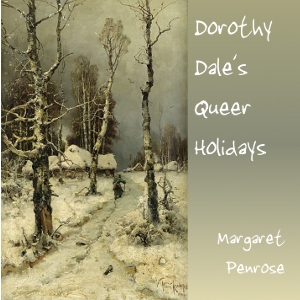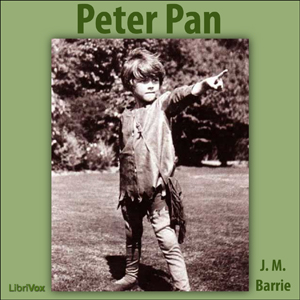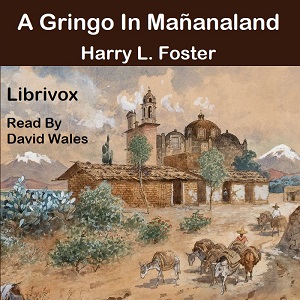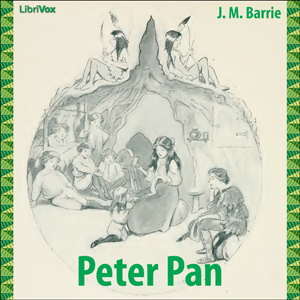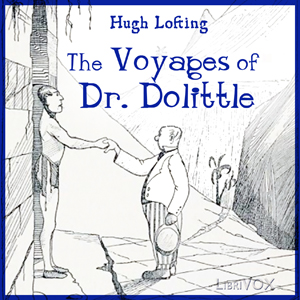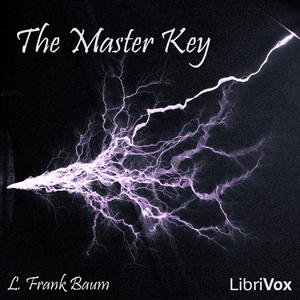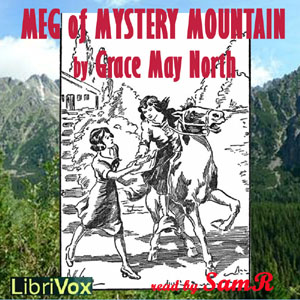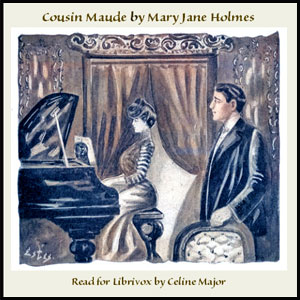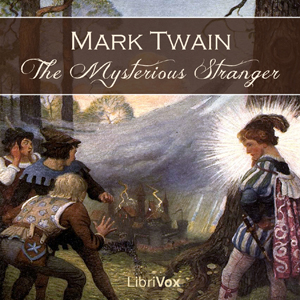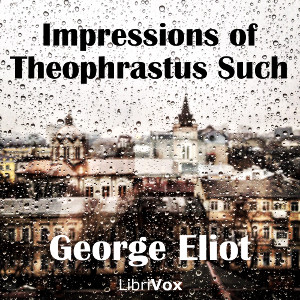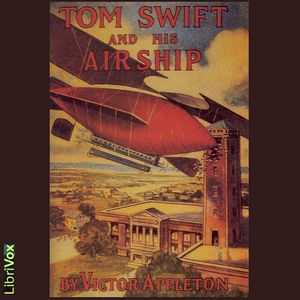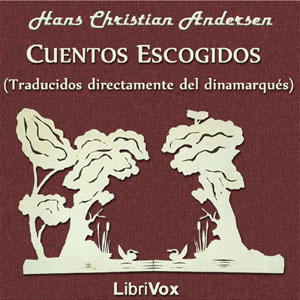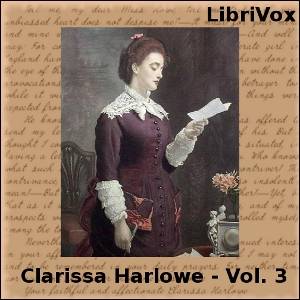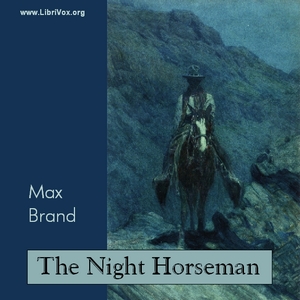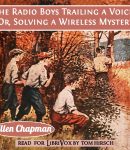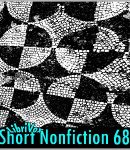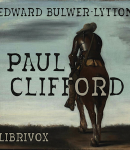
Paul Clifford
Most men who with some earnestness of mind examine into the mysteries of our social state will perhaps pass through that stage of self-education in which this Novel was composed. The contrast between conventional frauds, received as component parts of the great system of civilization, and the less deceptive invasions of the laws which discriminate the meum from the tuum, is tempting to a satire that is not without its justice. The tragic truths which lie hid in what I may call the Philosophy of Circumstance strike through our philanthropy upon our imagination. We see masses of our fellow-creatures the victims of circumstances over which they had no control,—contaminated in infancy by the example of parents, their intelligence either extinguished or turned against them, according as the conscience is stifled in ignorance or perverted to apologies for vice. A child who is cradled in ignominy, whose schoolmaster is the felon, whose academy is the House of Correction,—who breathes an atmosphere in which virtue is poisoned, to which religion does not pierce,—becomes less a responsible and reasoning human being than a wild beast which we suffer to range in the wilderness, till it prowls near our homes, and we kill it in self-defence. In this respect the Novel of “Paul Clifford” is a loud cry to society to amend the circumstance,—to redeem the victim. It is an appeal from Humanity to Law. And in this, if it could not pretend to influence or guide the temper of the times, it was […]
